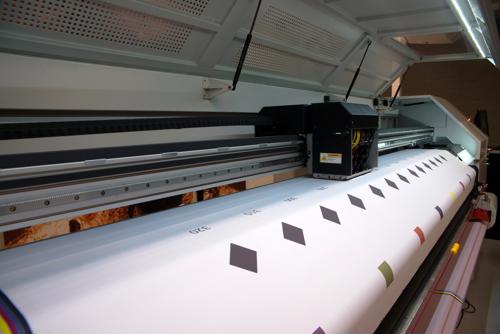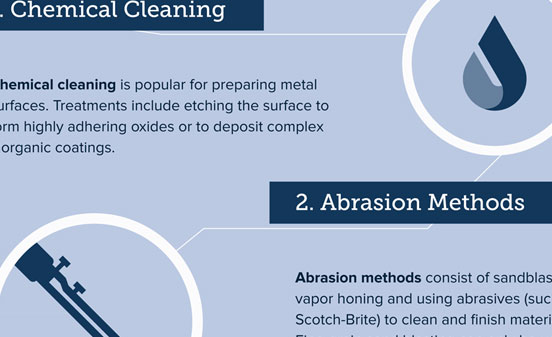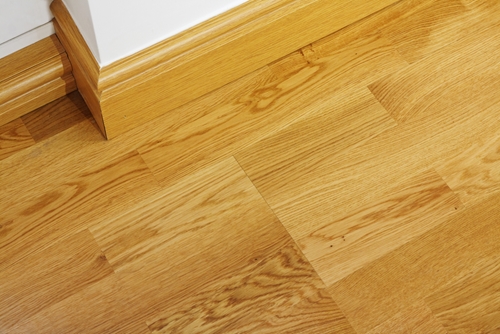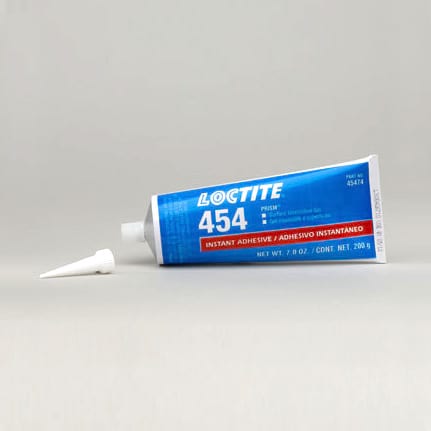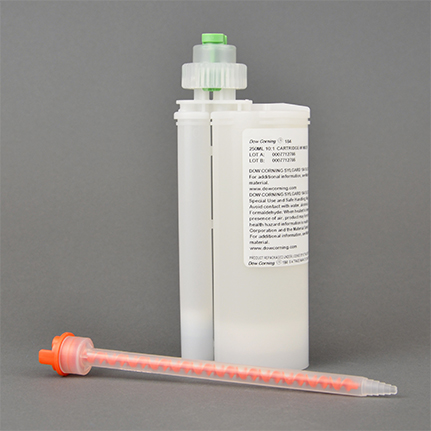

-
Description for Huntsman Araldite 2018
Huntsman Araldite 2018 is a 2-Part Part A/Part B Polyurethane Liquid used to Adhere ThermoplasticBrand Araldite Application Type Adhesive 1 Part or 2 Part 2-Part Material Form Liquid Substrate Thermoplastic Manufacturer Huntsman Chemistry Polyurethane Cure Method Part A/Part B Cure Temperature (°C) 25 Viscosity (cPs) 8 (Pas) Color Pale opaque -
Technical Data for Huntsman Araldite 2018
Overview
-
Application Type
- Adhesive
-
1 Part or 2 Part
- 2-Part
-
Material Form
- Liquid
-
Substrate
- Plastic - Thermoplastic
-
Chemistry
- Polyurethane
-
Cure Method
- 2-Part Cure - Part A/Part B
-
Color
- Opaque - Pale opaque
-
Brand
- Araldite
Specifications
Cure Specs
Cure Temperature (°C) 25 Viscosity (cPs) 8 (Pas) Test Method Linear Shrinkage (%) Low Work / Pot Time (min) 40 Test Method Thixotropic Lightly thixotropic Mix Ratio 100:95 (by weight), 100:100 (by volume) Bond Strength
Peel Strength (piw) 23 Test Method Shear Strength (psi) 1 (MPa), 1 (MPa), 1 (MPa), 1 (MPa), 1 (MPa), 1 (MPa), 7 (MPa), 7 (MPa), 7 (MPa), 7 (MPa), 7 (MPa), 7 (MPa) Test Method Tensile Strength (psi) 7 (MPa) Test Method Material Resistance
UV Resistance Good UV stability Hardness
Elongation (%) 45 Test Method Flexibility Flexible Modulus (psi) 16 (MPa) Test Method Other Properties
Specific Gravity 1.130 Business Information
Shelf Life Temperature (°F) 36 to 104, 36 to 104 Shelf Life (mon) 24 Part A, 24 Part B -
-
Best Practices for Huntsman Araldite 2018
-
Surface Preparation
The strength and durability of a bonded joint are dependant on proper pretreatment of the surfaces to be bonded. At the very least, joint surfaces should be cleaned with a good degreasing agent such as acetone, iso-propanol (for plastics) or other proprietary degreasing agents in order to remove all traces of oil, grease and dirt.
Low grade alcohol, gasoline (petrol) or paint thinners should never be used.
-
Application
The resin/hardener mix may be applied manually or robotically to the pretreated and dry joint surfaces. Huntsman's technical support group can assist the user in the selection of an suitable application method as well as suggest a variety of reputable companies that manufacture and service adhesive dispensing equipment.
A layer of adhesive 0.05 to 0.10 mm thick will normally impart the greatest lap shear strength to the joint. Huntsman stresses that proper adhesive joint design is also critical for a durable bond. The joint components should be assembled and secured in a fixed position as soon as the adhesive has been applied.
-
-
Comparable Materials for Huntsman Araldite 2018
Spec Engine® Results
Closest Results from this Manufacturer
Popular Articles
Testing the effectiveness of surface treatments
Read ArticleInfographic: ENSURING A STRONG BOND - 6 Basic Methods of Surface Preparation
Read ArticleSponsored Articles
Unique Advantages of Contact Adhesives
Read ArticleUsing LOCTITE® 454™ is a Valid Option for Engineers Working with a Wide Variety of Materials
Read ArticleSylgard 184 by DOW is the Top Choice for a Transparent, Silicone Encapsulant. Read Why:
Read ArticleCase Study: Creating reliable, corrosion-free bonds with LORD® 406 acrylic adhesive
Read ArticleFeatured Ads

Viscosity Test Methods
| Viscosity | Temperature |
|---|---|
| 8 (Pas) | 25°C |
Work / Pot Time Test Methods
| Work / Pot Time | Test Method | Temperature |
|---|---|---|
| 40 min | 100 gm | 25°C |
Peel Strength Test Methods
| Peel Strength | Cure Time | Cure Temperature | Test Method |
|---|---|---|---|
| 23 piw | 960 min | 40°C | ISO 4578 |
Tensile Strength Test Methods
| Tensile Strength | Test Temperature | Test Method |
|---|---|---|
| 7 (MPa) | 23°C | ISO 527 |
Shear Strength Test Methods
| Shear Strength | Type | Cure Time | Test Temperature |
|---|---|---|---|
| 1 (MPa) | Lap shear strength | 960 min | 10°C |
| 1 (MPa) | Lap shear strength | 720 min | 15°C |
| 1 (MPa) | Lap shear strength | 240 min | 23°C |
| 1 (MPa) | Lap shear strength | 45 min | 40°C |
| 1 (MPa) | Lap shear strength | 25 min | 60°C |
| 1 (MPa) | Lap shear strength | 4.00 min | 100°C |
| 7 (MPa) | Lap shear strength | 2,880 min | 10°C |
| 7 (MPa) | Lap shear strength | 1,200 min | 15°C |
| 7 (MPa) | Lap shear strength | 960 min | 23°C |
| 7 (MPa) | Lap shear strength | 180 min | 40°C |
| 7 (MPa) | Lap shear strength | 30 min | 60°C |
| 7 (MPa) | Lap shear strength | 12 min | 100°C |
Modulus Test Methods
| Modulus | Test Method |
|---|---|
| 16 (MPa) | ISO 527 (Tensile modulus) |
Elongation Test Methods
| Elongation | Test Method |
|---|---|
| 45 % | ISO 527, at break |





